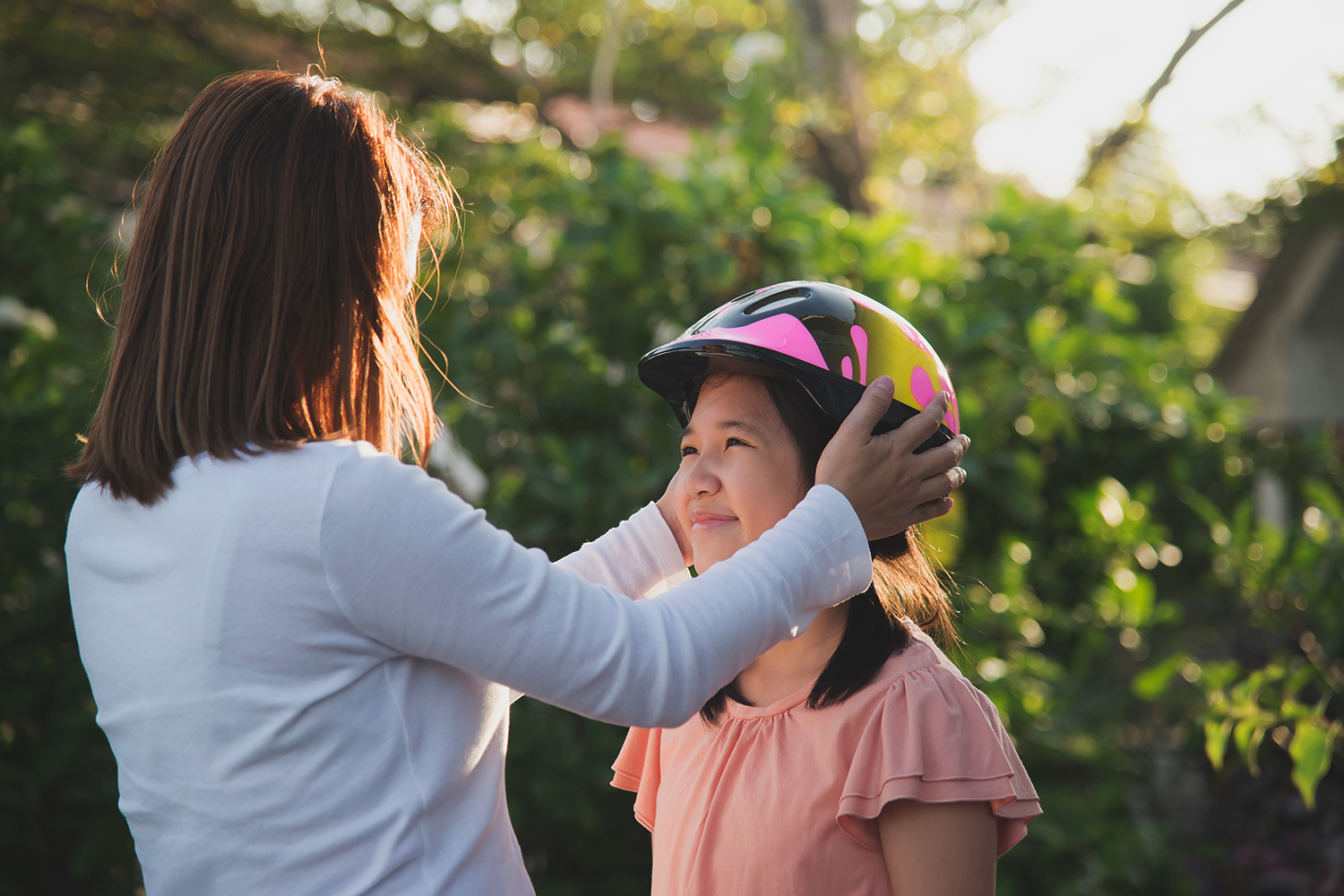Who Needs
HPV Prevention?

The US Advisory Committee on Immunization Practices (ACIP) recommends HPV vaccination for anyone between 9-45 years old.
Any person who is sexually active—or will become sexually active at some point in their lives—should consider getting vaccinated to help protect against HPV infections.1

Women
All sexually active women are at risk of cervical cancer, which is almost always caused by HPV.2 Approximately 85% of all women will get HPV, regardless of age, relationship status, or number of sexual partners.3
Apart from a lifetime of abstinence, vaccination and regular screening are effective ways to help protect women against HPV.4
For most people, HPV clears on its own. But for those who don’t clear the virus, it can cause certain cancers and diseases.

Men
Study results showed that approximately 90% of men will get HPV, which may cause anal cancer, oral and throat cancers, as well as genital warts.3 At any age, HPV infection rate in men remains high. Men are also more likely to be infected repeatedly compared to women.5,6
As there is no approved HPV screening for men, and most men don’t experience symptoms, they often only discover their infection when related diseases develop. In the meantime, they may unknowingly transmit the virus to their partners.7
Therefore, prevention through vaccination is an option to help reduce the risk of HPV infection.
For most people, HPV clears on its own. But for those who don’t clear the virus, it can cause certain cancers and diseases.

Children
Nowadays, more children are becoming sexually active at an earlier age.8 Therefore, the sooner they are protected, the better it will be. In fact, children can be vaccinated as early as 9 years old and it’s generally more effective when given before HPV exposure.4
Any boy or girl who is vaccinated before becoming sexually active can gain protection against the most common high-risk HPV types that may lead to cancer later in life.4
For most people, HPV clears on its own. But for those who don’t clear the virus, it can cause certain cancers and diseases.

LGBTQ+
Both men and women can spread HPV to either men or women.9 Men who have sex with men are 2-5 times more likely to get HPV and more than 20 times more likely to develop anal cancer than men who have sex with women.10
Transgender men11 who still have a uterus will also be at risk of cervical cancer. Likewise, some transgender women who have undergone sex reassignment surgery may be at risk of cervical cancer as well.12,13
No matter what your gender identity or sexual orientation may be, HPV vaccination can help reduce your risk of certain HPV-related cancers.
For most people, HPV clears on its own. But for those who don’t clear the virus, it can cause certain cancers and diseases.
